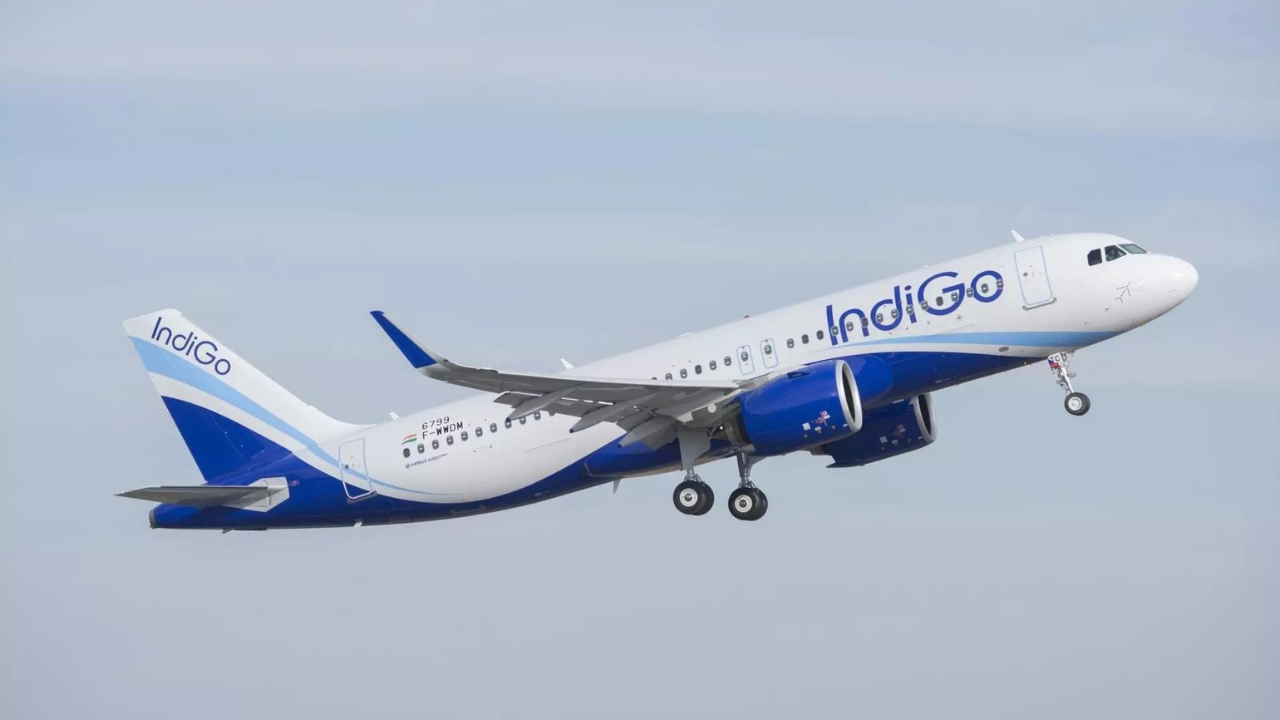[ad_1]
While comments were sought from other airlines, SpiceJet said it will levy a fuel charge without giving details.
Other airlines are also likely to follow suit as the costing pressure has increased significantly due to the twin blows of pricier jet fuel and weakening rupee with respect to several operating costs, which are dollar denominated.
“IndiGo is introducing a fuel charge on domestic and international routes, effective from October 06, 2023. The decision follows a significant increase in ATF prices, which have surged in the last three months with consecutive hikes every month. ATF accounts for a substantial portion of an airline’s operating expenses, necessitating fare adjustment to address such a cost surge. Under this pricing structure, passengers booking IndiGo flights will incur a fuel charge, per sector, based on the sector distance,” IndiGo said in a statement.
Accordingly, IndiGo will levy a fuel charge of Rs 300 (taxes extra) for up to 500 km long sectors; Rs 400 for 501-1,000 km; Rs 550 for 1,001-1,500 km; Rs 650 for 1,501-2,501 km; Rs 800 for 2,501-3,500 km, and Rs 1,000 for 3,501 km and beyond.
Ameya Joshi, aviation analyst, said: “ATF prices are up 5.1% over last month and up 2.32% over October 2022. Coupled with a sliding rupee, airlines are under pressure. The fuel charge will help a little, though not pass on the entire increase in ATF price.”
Indian carriers have long been requesting the government for excise relief on ATF, to no avail. While a number of states have cut VAT on ATF, a handful, including Dehi, continue with very high rates.
Indian carriers have historically faced high operating costs, primarily due to the steep ATF prices – caused by high base price and then even higher state and central taxes and duties on that.
[ad_2]
Source link






Join The Discussion